
Wheelchair-accessible taxis available in Prince George’s
Once inside, she moved around with ease, accommodating her chair in the front passenger area of the roomy yellow cab.
“You don’t understand what this service means for people with disabilities,” a smiling Sanders said, wiping away the tears. “It’s been a long journey to get here.”
Entering one of the 15 new taxis that are specially made for wheelchair users and now available to Prince George’s County residents was a highlight for Sanders, who has spent the past 25 years advocating for additional transportation options for those with disabilities.
The taxis, operated by Accessible Taxi since early June, are the first of their kind in the region and give Prince George’s residents a service that had been absent.
The taxis are MV-1 models, built in compliance with the Americans With Disabilities Act. They have ramps, 36-by-56-inch doorways and space to accommodate wheelchairs and as many as six passengers.
While most of the Washington area jurisdictions have for years offered some level of wheelchair-accessible taxi service, Prince George’s lagged behind, said Beth Newman, a transportation planner with the National Capital Region Transportation Planning Board of the Metropolitan Washington Council of Governments.
Wheelchair users and other residents with disabilities have the paratransit service MetroAccess, but it requires that reservations be made 24 hours in advance, which gives users less scheduling flexibility, disability rights advocates said.
“If you need service within less than 24 hours there’s nothing available. How do you know you are going to be sick within 24 hours?” said Greenbelt resident Regina Lee, a wheelchair user who has been a longtime advocate for the disabled. “This is going to give us a lot of freedom to go places. . . . These [taxis] are lifesavers in cases of emergencies.”
A 2007 study by the Transportation Planning Board identified a need for wheelchair-accessible taxis in Prince George’s and in the District, Newman said.
Two years ago, the board awarded federal funds for a pilot program in the District that put wheelchair-accessible taxis on city streets.
Accessible Taxi Owner David Mohebbi, a veteran in the region’s taxi industry, said he hopes that his company, with headquarters in Capitol Heights, can provide a transportation option for people with disabilities and that the MV-1 models can deliver an easier and more comfortable experience.
“Our thinking was to help people who are in need of transportation. Now I am glad to see it finally come to a reality,” said Mohebbi, who also serves as president of the Gaithersburg-based Regency Taxi, which has 150 cabs in Montgomery County.
The taxi service is available 24 hours a day, seven days a week, and is guaranteed within 30 minutes of a call, Mohebbi said. Drivers accept cash, transportation vouchers, and debit and credit cards.
Right now, however, only three Accessible Taxi drivers have been licensed in the county and 12 others are waiting to take the county’s test, Mohebbi said. He said he expects his fleet to be in full force in coming months.
Gloria Swieringa, 74, a Fort Washington resident who is blind and has been using the taxi service this summer, said the new taxis give disabled and elderly people more control of their travel plans.
“We who have to use paratransit need a reliable way to be able to go and do what we need to do,” Swieringa said. “We look forward to being able to pick up a phone like anyone else and go somewhere and not have to plan 24 hours in advance.”
Patrick Wojahn, a member of the Transportation Planning Board and the College Park City Council, agrees that the taxi option is critical for the integration of people with disabilities into the community, especially in the suburbs where public transportation is not as easily available and accessible.
“It is important for people in the community to be able to get where they need to go, to get to jobs, to go shopping, to go out with friends and do all the things that people take for granted— just to be able to get around,” he said.
Sanders, who works as the county’s ADA complaint coordinator, said she hopes the 15 taxis are just the beginning.
“This is a great start,” she said. “At some point, it will become a standard. At some point, a certain percentage of transportation must be accessible. . . . Finally we are getting it.”
Source: The Washington Post
Compartilhe
Use os ícones flutuantes na borda lateral esquerda desta página
Siga-nos!
Envolva-se em nosso conteúdo, seus comentários são bem-vindos!
Artigos relacionados
Acessibilidade no transporte aéreo. Atualização das regras.
Acessibilidade no transporte aéreo. Revisão da Resolução nº 280/2013 da ANAC através de consulta e audiência pública.
Inclusão no filme Wicked. Atriz cadeirante chama a atenção.
Inclusão no filme Wicked. Marissa Bode é uma atriz com deficiência na vida real, e sua deficiência não foi um impedimento para a atuação.
Diretrizes da ANPTUR para o Turismo Brasileiro
Diretrizes da ANPTUR para o Turismo Brasileiro. Acessibilidade é um dos capítulos desse importante guia orientador para o turismo.

Wheelchair-accessible taxis available in Prince George’s
Compartilhe
Use os ícones flutuantes na borda lateral esquerda desta página
Siga-nos!
Envolva-se em nosso conteúdo, seus comentários são bem-vindos!
0 comentários
Enviar um comentário
Você precisa fazer o login para publicar um comentário.
Artigos relacionados
Acessibilidade no transporte aéreo. Atualização das regras.
Acessibilidade no transporte aéreo. Revisão da Resolução nº 280/2013 da ANAC através de consulta e audiência pública.
Inclusão no filme Wicked. Atriz cadeirante chama a atenção.
Inclusão no filme Wicked. Marissa Bode é uma atriz com deficiência na vida real, e sua deficiência não foi um impedimento para a atuação.
Diretrizes da ANPTUR para o Turismo Brasileiro
Diretrizes da ANPTUR para o Turismo Brasileiro. Acessibilidade é um dos capítulos desse importante guia orientador para o turismo.

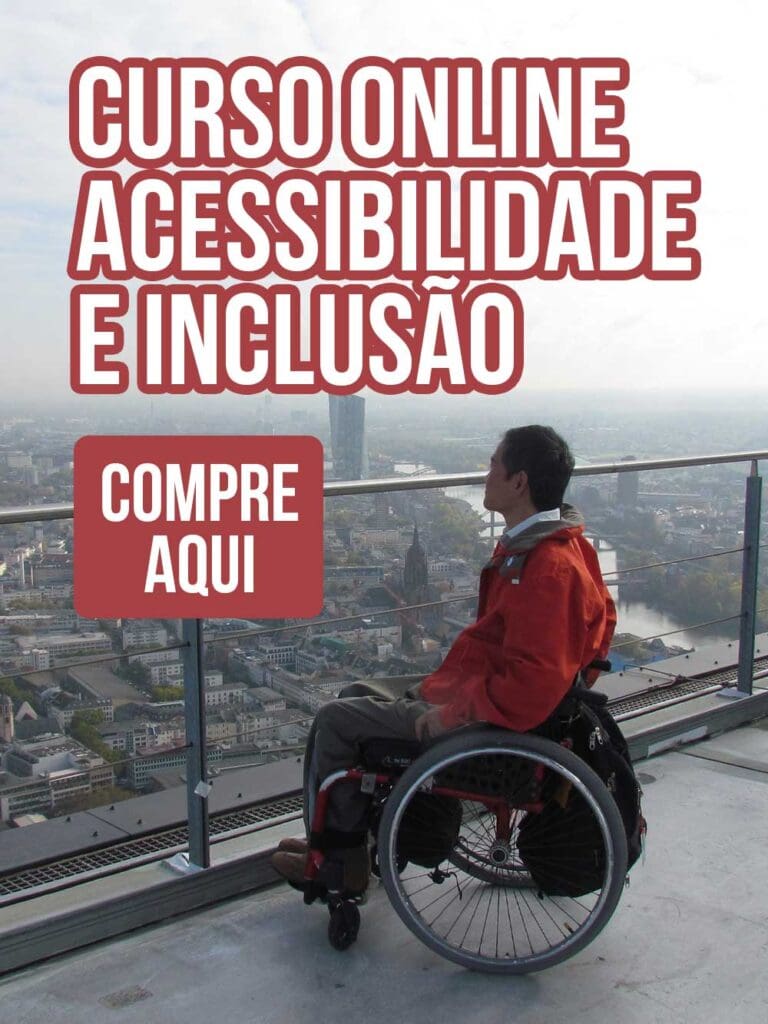
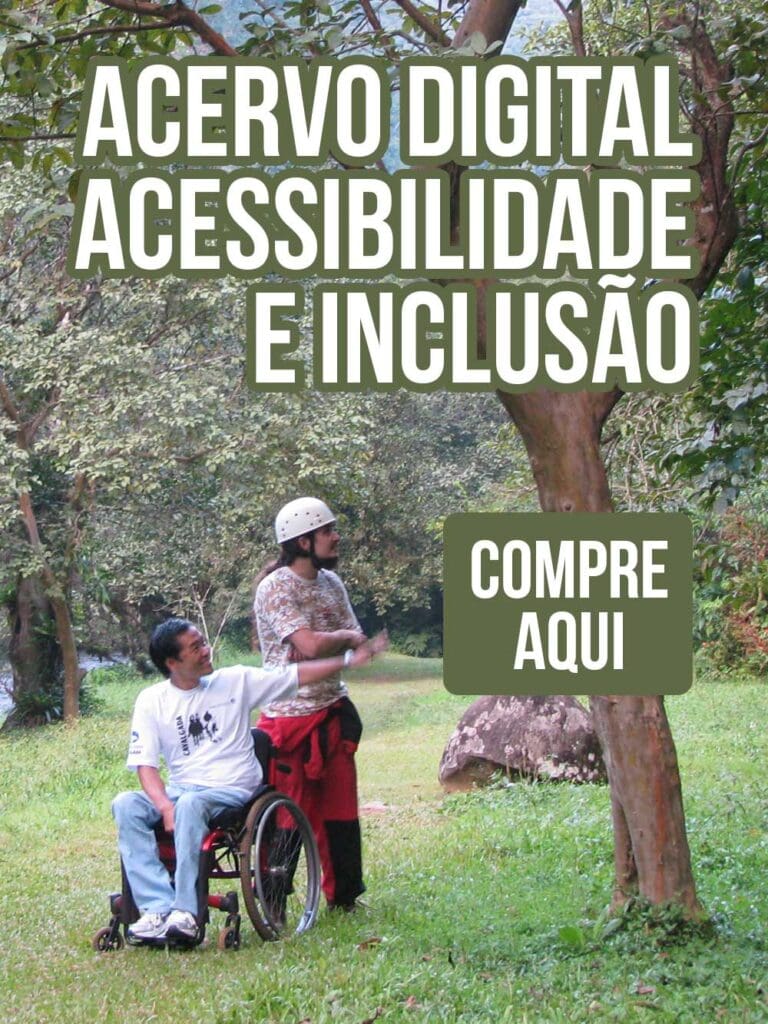
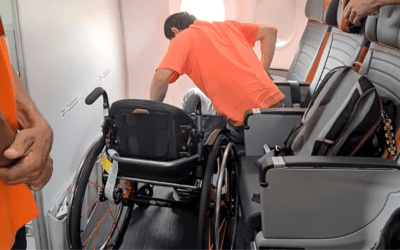
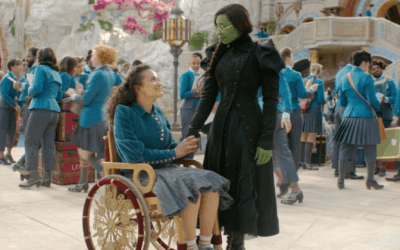
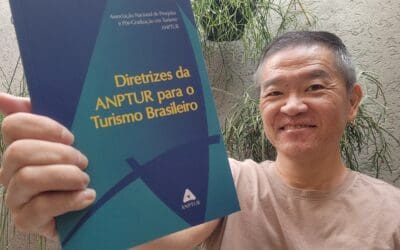
0 comentários